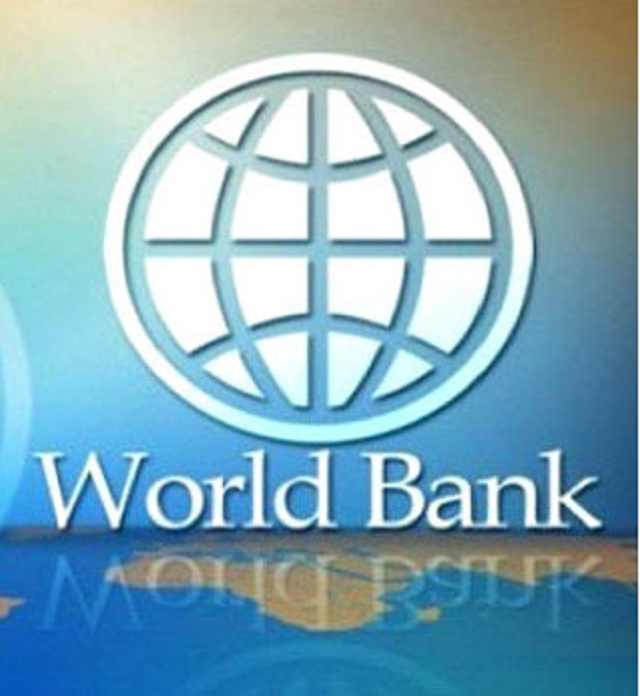The World Banks says Nigeria is facing the worst unemployment crisis in the past 10 years due to the inability of educated Nigerians to find job opportunities.
The multilateral institution also noted that the socio-economic challenges facing Nigerians have led to an astronomical increase in the number of citizens seeking asylum and refugee status in other countries.
The World bank in a report entitled ‘Of Roads Less Travelled: Assessing the Potential for Migration to Provide Overseas Jobs for Nigeria’s Youth’, said the expanding working-age population as well as scarce domestic employment opportunities is creating high rates of unemployment.
The report which aims to aid discussion on creating new labour migration pathways for overseas employment of Nigerians, stated that rising unemployment, booming demographics, and unfulfilled aspirations is increasing the pressure on young Nigerians to migrate in search of gainful employment oversea.
The report was published with support of the Korea World Bank Partnership Facility (KWPF) and the Rapid Social Response (RSR) trust funds.
The World Bank further estimated that there were 2.1 million Internally Displaced Persons (IDPs) in Nigeria in 2020 alone.
The multilateral institution disclosed that the number of international migrants from Nigeria has increased threefold since 1990, growing from 446,806 in 1990 to 1,438,331 in 2019.
It explained that despite this trend, the share of international migrants as a proportion to Nigeria’s population has remained largely constant, increasingly slightly from 0.5 per cent in 1990 to 0.7 per cent in 2019.
“Increasingly, educated Nigerians are struggling to find employment opportunities in the country. The rise in unemployment rates has been particularly acute since the 2015-2016 economic recession and has further worsened as
COVID-19 led to the worst recession in four decades in 2020,” World Bank stated.
READ ALSO: Nigeria Needs Loans From China For Development – Ambassador
It added, “Women are also particularly vulnerable in Nigeria’s labour market.
“Consequently, multiple surveys show that the number of Nigerians who are looking to migrate internationally is high and increasing.
“However, since there has not been an expansion of legal migration routes for youth increasingly eager to find opportunities in the overseas labor market, young Nigerians are opting for irregular migration routes to realize their hopes for a better life.
The share of refugees and asylum seekers from Nigeria has increased drastically in the last decade, growing from 27,557 in 2010 to 408,078 in 2019.
The bank warned that “as the poorer Nigerian states catch up to the richer ones in the future, international migration from Nigeria is likely to continue to increase.”
According to the bank, recent rise in irregular migration notwithstanding, the share of international migrants in Nigeria’s population was much lower compared to the shares in Sub-Saharan Africa and globally.
It said remittances from abroad are important for Nigeria’s development, but the cost of sending remittances to Nigeria has remained stubbornly high.
It observed that Nigeria government has recognised the need to better leverage regular migration for economic development as documented by the increasing number of initiatives and stakeholders working on this issue
Most current migration programmes, according to the bank, are not geared towards making use of safe, orderly, and regular channels that provide overseas employment opportunities for youth.











